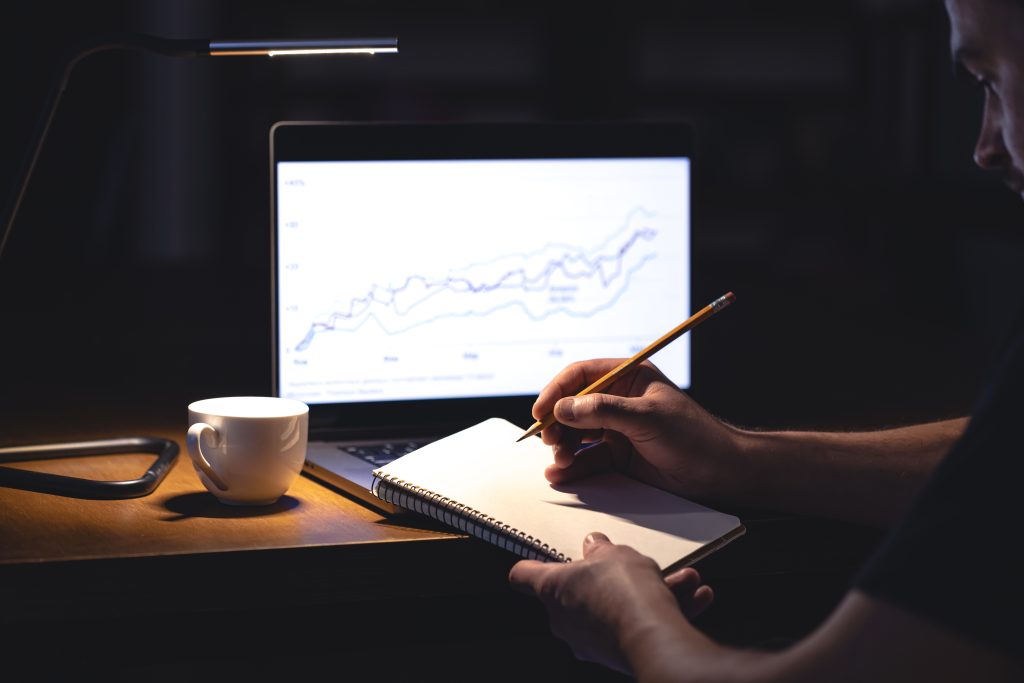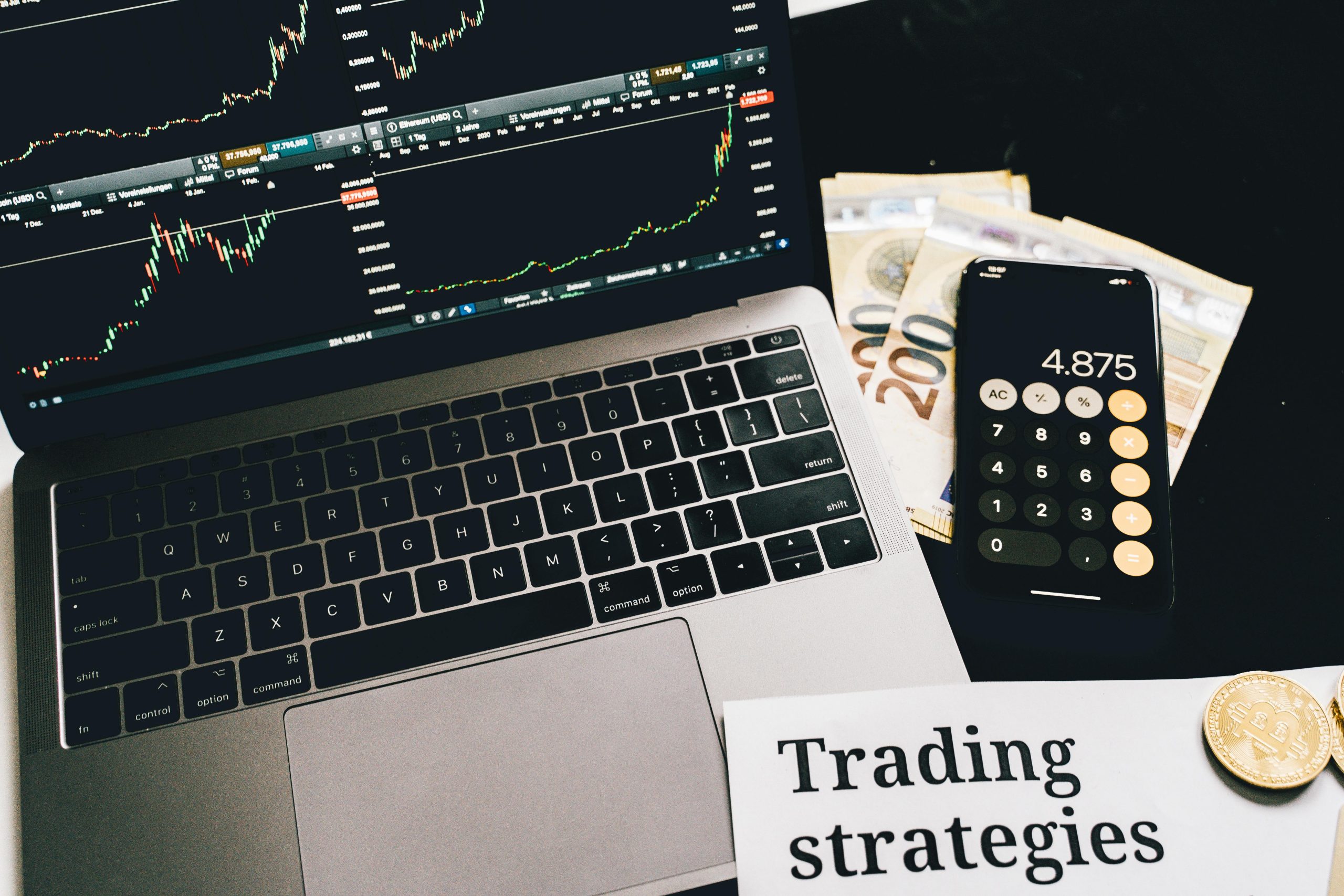Your Journey to Financial Freedom Starts Here
Imagine waking up to notifications on your phone showing profits from trades you made the night before. Picture yourself joining the ranks of successful Pakistani traders who have transformed their financial lives through smart trading decisions. This isn’t just a dream – it’s a reality that thousands of Pakistanis are living today.
If you’ve been wondering how to start trading (stock, commodity, or forex) in Pakistan, you’re in the right place. Whether you’re a fresh graduate in Karachi looking to supplement your income, a business owner in Lahore seeking portfolio diversification, or someone in Islamabad ready to take control of your financial future, this comprehensive guide will walk you through everything you need to know.
The Pakistani trading landscape has evolved dramatically in recent years. With proper regulation from SECP, advanced trading platforms, and success stories emerging from every corner of the country, there’s never been a better time to start your trading journey. Let’s dive into the complete roadmap that will transform you from a curious beginner into a confident trader.
What is Trading and Why Should You Consider It in Pakistan?
Understanding the Trading Landscape
Buying and selling assets to profit from price changes is known as trading. In Pakistan’s growing economy, trading has become an increasingly popular way to build wealth and achieve financial independence. A securities broker is a regulated securities activity under the Securities Act, 2015, and all securities brokers are required to be licensed with the SECP for offering brokerage services to the public.
The three main trading categories available to Pakistani traders include:
Stock Trading
- Buying and selling shares of companies listed on the Pakistan Stock Exchange (PSX)
- Participating in the growth of Pakistani and international businesses
- Earning through capital appreciation and dividends
Commodity Trading
- Trading physical goods like gold, silver, oil, and agricultural products
- Hedging against inflation and currency fluctuations
- Accessing global commodity markets
Forex Trading
- Trading currency pairs in the world’s largest financial market
- Benefiting from currency fluctuations and economic events
- 24/5 market access for flexible trading schedules

Legal Framework: Is Trading Legal in Pakistan?
SECP Regulation and Compliance
The good news is that trading is completely legal in Pakistan when conducted through properly regulated channels. The Securities and Exchange Commission of Pakistan (SECP) oversees the regulatory framework that protects traders and ensures market integrity.
Key Regulatory Points:
- All securities brokers must be licensed with the SECP
- Forex trading is legal through regulated brokers
- Commodity trading is permitted under SECP guidelines
- Proper taxation and reporting requirements apply
Understanding Your Legal Obligations
When you start trading in Pakistan, you become subject to certain legal obligations:
Tax Compliance
- Capital gains tax on profitable trades
- Proper documentation of all transactions
- Annual tax filing requirements
- Compliance with FBR regulations
Documentation Requirements
- Valid CNIC for account opening
- Bank account statements
- Source of income verification
- KYC compliance procedures
How to Start Trading (Stock, Commodity, or Forex) in Pakistan
Education and Knowledge Building
Before risking any capital, invest time in education. The most successful Pakistani traders emphasize the importance of solid foundational knowledge.
Essential Learning Areas:
- Technical analysis fundamentals
- Risk management principles
- Market psychology and emotions
- Economic indicators and news impact
- Trading strategies and systems
Recommended Learning Resources:
- Online courses from reputable platforms
- Books by successful traders
- YouTube channels of Pakistani trading experts
- Webinars and workshops by licensed brokers
- Demo trading platforms for practice
Choosing Your Trading Focus
Deciding between stock, commodity, or forex trading depends on your risk tolerance, available capital, and time commitment.
Stock Trading Considerations:
- Minimum investment: PKR 10,000-50,000
- Market hours: 9:15 AM to 3:30 PM (PSX)
- Best for: Long-term wealth building
- Risk level: Moderate to high
Commodity Trading Features:
- Hedge against inflation
- Global market exposure
- Physical asset backing
- Suitable for diversification
Forex Trading Characteristics:
- 24/5 market access
- High liquidity
- Lower minimum deposits
- Currency pair focus
Selecting the Right Broker
Of the brokers that accept residents of Pakistan, the following brokers are the Top 3 most trusted forex brokers in Pakistan in 2025, but your choice should depend on your specific needs.
Broker Selection Criteria:
- SECP regulation and licensing
- Competitive fee structures
- User-friendly trading platforms
- Educational resources availability
- Customer support in local languages
- Deposit and withdrawal options
Red Flags to Avoid:
- Unlicensed brokers
- Unrealistic profit promises
- Lack of a transparent fee structure
- Poor customer reviews
- No regulatory oversight
Account Opening and Verification
The account opening process is straightforward but requires attention to detail.
Required Documents:
- Original CNIC (front and back copies)
- Bank account statements (last 3 months)
- Salary certificate or income proof
- Utility bill for address verification
- Passport-size photographs
Verification Process:
- Online application submission
- Document upload and verification
- KYC compliance check
- Account approval (typically 24-48 hours)
- Initial deposit and account activation
Funding Your Trading Account
Popular Funding Methods:
- Bank wire transfers
- Online banking
- Debit/credit cards
- Local payment solutions
- E-wallet transfers
Minimum Deposit Guideline:
- Stock trading: PKR 25,000-100,000
- Commodity trading: PKR 50,000-200,000
- Forex trading: PKR 10,000-50,000
Essential Trading Strategies for Pakistani Markets
Technical Analysis Fundamentals
Technical analysis forms the backbone of successful trading in Pakistani markets.
Key Technical Indicators:
- Moving averages for trend identification
- RSI for overbought/oversold conditions
- MACD for momentum analysis
- Support and resistance levels
- Chart pattern recognition
PSX-Specific Considerations:
- Market opening gaps
- Sector rotation patterns
- Volume analysis importance
- Local economic event impacts

Fundamental Analysis for Pakistani Traders
Understanding economic fundamentals helps in making informed trading decisions.
Key Economic Indicators:
- State Bank of Pakistan policy rates
- Inflation and CPI data
- GDP growth figures
- Current account balance
- Foreign exchange reserves
Company-Specific Analysis:
- Financial statement review
- Earnings per share trends
- Debt-to-equity ratios
- Management quality assessment
- Industry position evaluation
Common Mistakes Pakistani Beginners Make
Many new traders in Pakistan often fall victim to emotional decision-making, which can severely impact their trading success. Emotional trading is one of the biggest pitfalls, where emotions like greed and fear cloud rational judgment. Greed often drives beginners to overleverage their positions, ignore stop-loss orders, hold onto losing trades for too long, or chase unverified hot tips and market rumors. On the other hand, fear leads to equally damaging behaviors exiting profitable trades prematurely, avoiding trading after losses, over-analyzing without execution, or suffering from what’s commonly known as “paralysis by analysis.”
Another widespread issue is the lack of proper planning. Many beginners jump into trading without a defined strategy or clear goals. Effective trading requires setting well-defined objectives, establishing risk tolerance levels, writing down trading rules, setting realistic profit targets, and preparing for a variety of market conditions.
Inadequate capital management is another frequent and fatal mistake. More trading accounts are wiped out by poor money management than by bad market analysis. Essential principles include starting only with money one can afford to lose, never trading borrowed funds, maintaining a separate emergency fund, and increasing position sizes only as experience and confidence grow.
Building Your Trading Business
To succeed in the long run, Pakistani traders must treat trading as a serious business, not a gamble. This mindset shift includes maintaining detailed trading records, tracking performance through metrics, committing to continuous learning, planning for professional development, and complying with tax obligations. Developing a business-like approach instills discipline and improves decision-making.
As traders become more skilled, they can focus on scaling their trading operations. Growth strategies include gradually increasing position sizes, diversifying across multiple markets, developing several trading strategies to suit different conditions, exploring algorithmic trading, and even looking into fund management opportunities.
Cross-market arbitrage presents additional opportunities for savvy traders. By exploiting differences between local (e.g., PSX) and international markets, traders can benefit from commodity price gaps, currency arbitrage, and time zone advantages. This requires a solid understanding of both local and global financial landscapes.
Professional Support and Community Building
Navigating the complexities of trading in Pakistan also requires professional support. Hiring a qualified tax advisor who understands trading-specific taxation laws can help ensure compliance and optimize financial outcomes.
Equally important is building a strong support network. The trading community in Pakistan is expanding, and networking can fast-track one’s growth. Joining local trading groups and meetups, participating in online forums and social media discussions, or becoming a member of professional trading associations can offer valuable insights and shared learning experiences. Engaging in mentorship programs is particularly effective—ideal mentors have a proven track record, the ability to teach, a strong ethical compass, deep knowledge of local markets, and ongoing availability.
Future of Trading in Pakistan
The trading landscape in Pakistan is evolving rapidly, opening doors for those who are prepared. Technological advancements such as artificial intelligence, algorithmic trading, mobile-first platforms, social trading features, and robo-advisory services are transforming the market environment. These tools can offer greater efficiency and smarter decision-making for tech-savvy traders.
Meanwhile, broader market development trends also indicate a positive future. Increased retail participation, rising foreign investments, improvements in regulatory frameworks, expanded financial products, and enhanced financial literacy initiatives are contributing to a more dynamic and accessible trading ecosystem. For Pakistani traders willing to adapt, evolve, and plan strategically, the future holds immense potential.
Conclusion: Your Trading Journey Begins Now
Learning how to start trading (stock, commodity, or forex) in Pakistan is not just about making money – it’s about taking control of your financial future and building lasting wealth. The success stories of traders like Bilal Javed and Fahad Khan prove that with proper education, discipline, and the right approach, Pakistani traders can achieve remarkable results.
Remember that trading is a marathon, not a sprint. Focus on building solid fundamentals, developing proper risk management habits, and maintaining a long-term perspective. The Pakistani markets offer tremendous opportunities for those who approach them with respect, preparation, and persistence.
The regulatory environment provided by SECP ensures that you can trade with confidence, knowing that proper oversight and protection mechanisms are in place. With the right broker, adequate capital, and a commitment to continuous learning, you can join the growing community of successful Pakistani traders.
Your journey to financial independence through trading starts with the decision to begin. The knowledge, tools, and opportunities are all available – the only question is whether you’re ready to take the first step.
Don’t let another day pass wondering “what if.” The most successful Pakistani traders all had one thing in common – they started. The markets don’t wait for perfect conditions, and neither should you.








